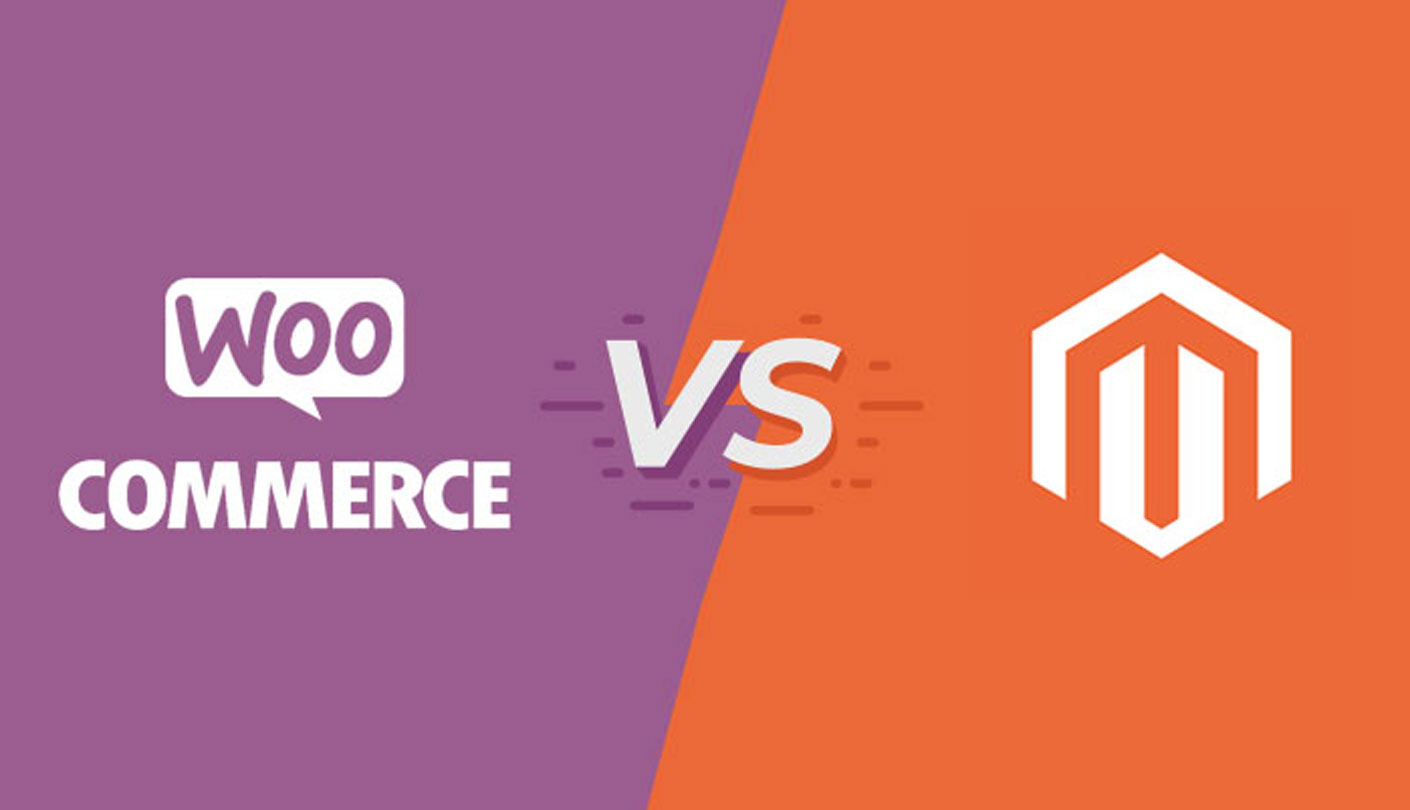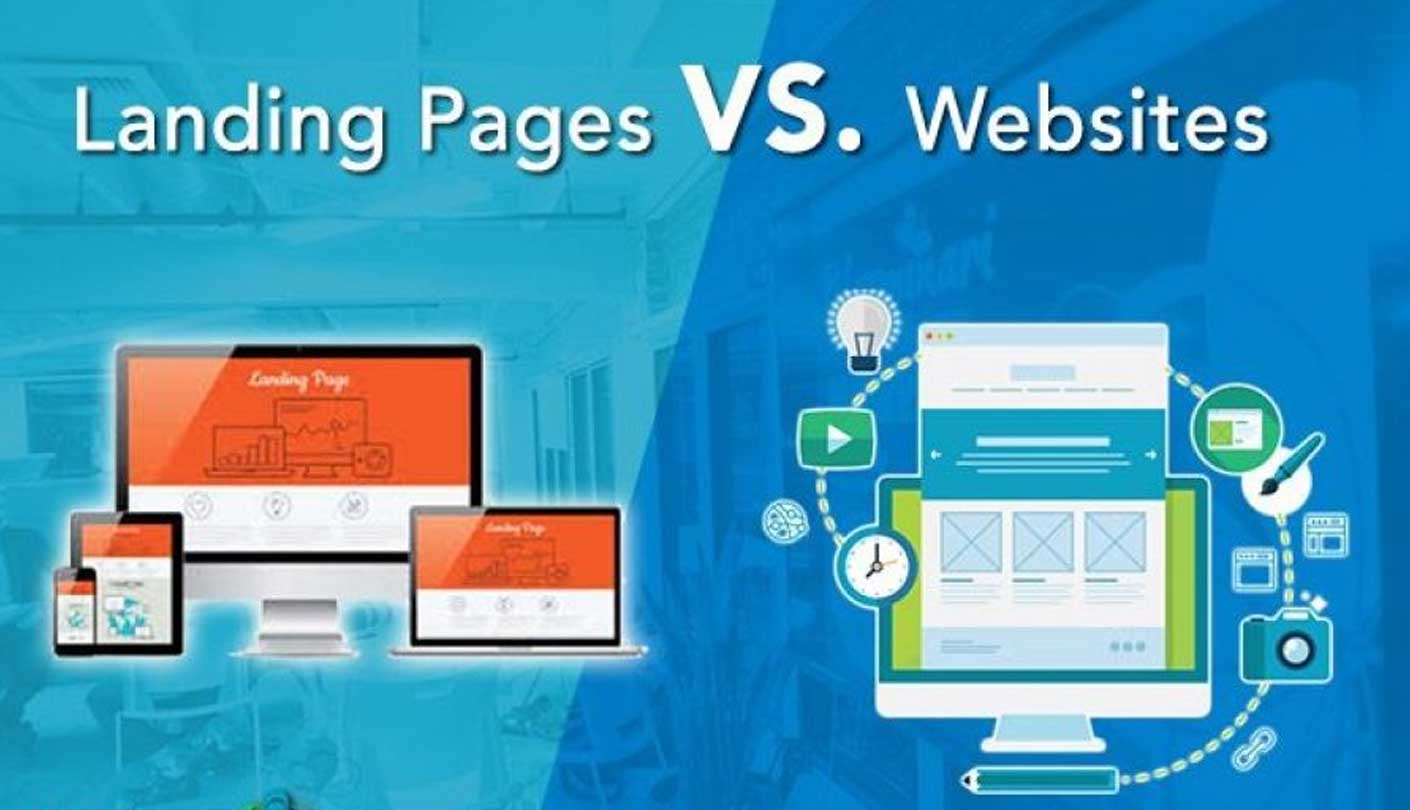
Bring to
WooCommerce vs Magento – both pack a punch when it comes to features, as well as being wildly popular. It’s not easy to pick an overall winner, and weighing up the features of each platform could leave you scratching your head in confusion, while leaving your customers without a way to purchase from your site.
Fortunately, we’re here to help you make an informed decision. There’s no one ultimate solution when it comes to e-commerce, but you can always make the right choice for your unique needs – as long as you have all the facts at hand.
Every platform has their own group of die-hard supporters championing its cause, and claiming it’s the best. We decided to wade through the noise and take a look for ourselves, giving you an unbiased opinion to help make your decision.
In this article, we’ll compare WooCommerce vs Magento – their key features, performance, security, pricing, beginner-friendliness, and even product management. By the time you’ve finished reading, you’ll know exactly which solution is right for you.
What each platform has to offer
For those of you who want the whole picture, we’ll cover all the information you’ll need to know about both platforms. Then we’ll go over the results together and decide which one deserves the crown.
WooCommerce is a familiar name to most WordPress users. This wildly popular e-commerce platform is home to almost 400,000 sites. It comes with almost all of the functionality you’ll need to open an online store, and it also has several advanced capabilities through its extension system.
Key features:
- Supports an unlimited number of products.
- Comes with a robust extension system, based on the WordPress plugin format.
- Enables you to pick almost any payment processors you want using extensions.
- Offers dozens of premium and free themes.
Pros:
- Setting up a store is free, aside from your web hosting expenses.
- It’s easy to pick up if you have any experience with WordPress.
- There is extensive documentation available for its users. Plus, you can contact the team behind the project if you have any additional questions.
- Integrates with Google Analytics using an extension.
- Includes SSL support, but you need to obtain your own certificate.
Cons:
- If you don’t use WordPress, you need to learn two new platforms.
- Premium themes and extension costs can add up quickly.
Is it good for beginners?
WooCommerce is a good pick for users with no e-commerce experience – doubly so if they’ve used WordPress before. Even those who haven’t will find WooCommerce’s excellent documentation, and abundance of online tutorials appealing.
Price:
This is a fully open-source platform – anyone can download and set it up on any server they want. That being said, its premium extensions tend to be expensive, and some require annual subscriptions. Aside from that, your web hosting costs will depend entirely on the size of your enterprise and the packages your provider offers.
There are a handful of quality web hosts that work well with WooCommerce, but the top ones we always recommend to our customers are SiteGround and InMotion. You can get either for around $5-9 / month (try not to opt for any of the cheaper plans, as they might not be optimized to run e-commerce setups).



